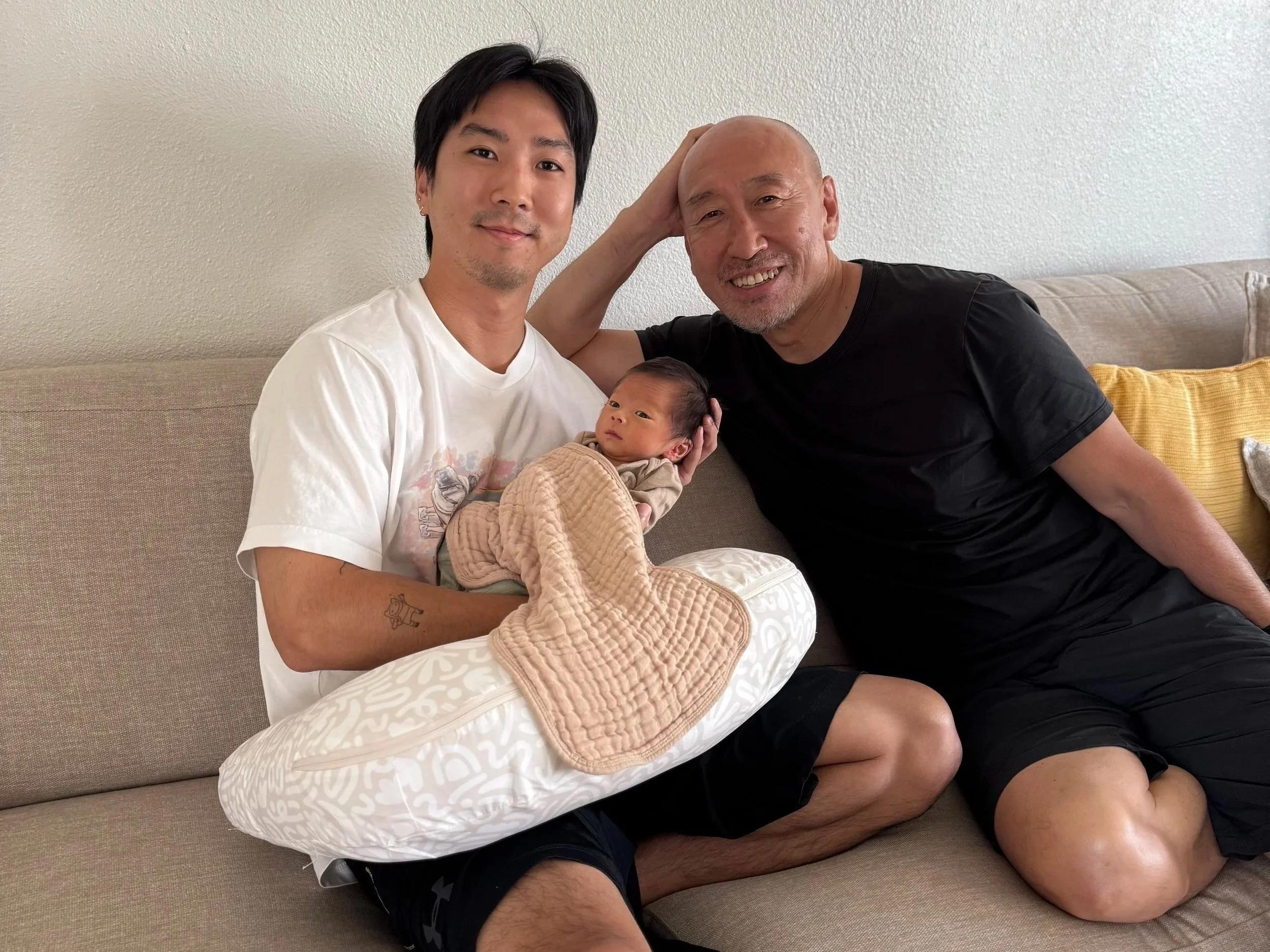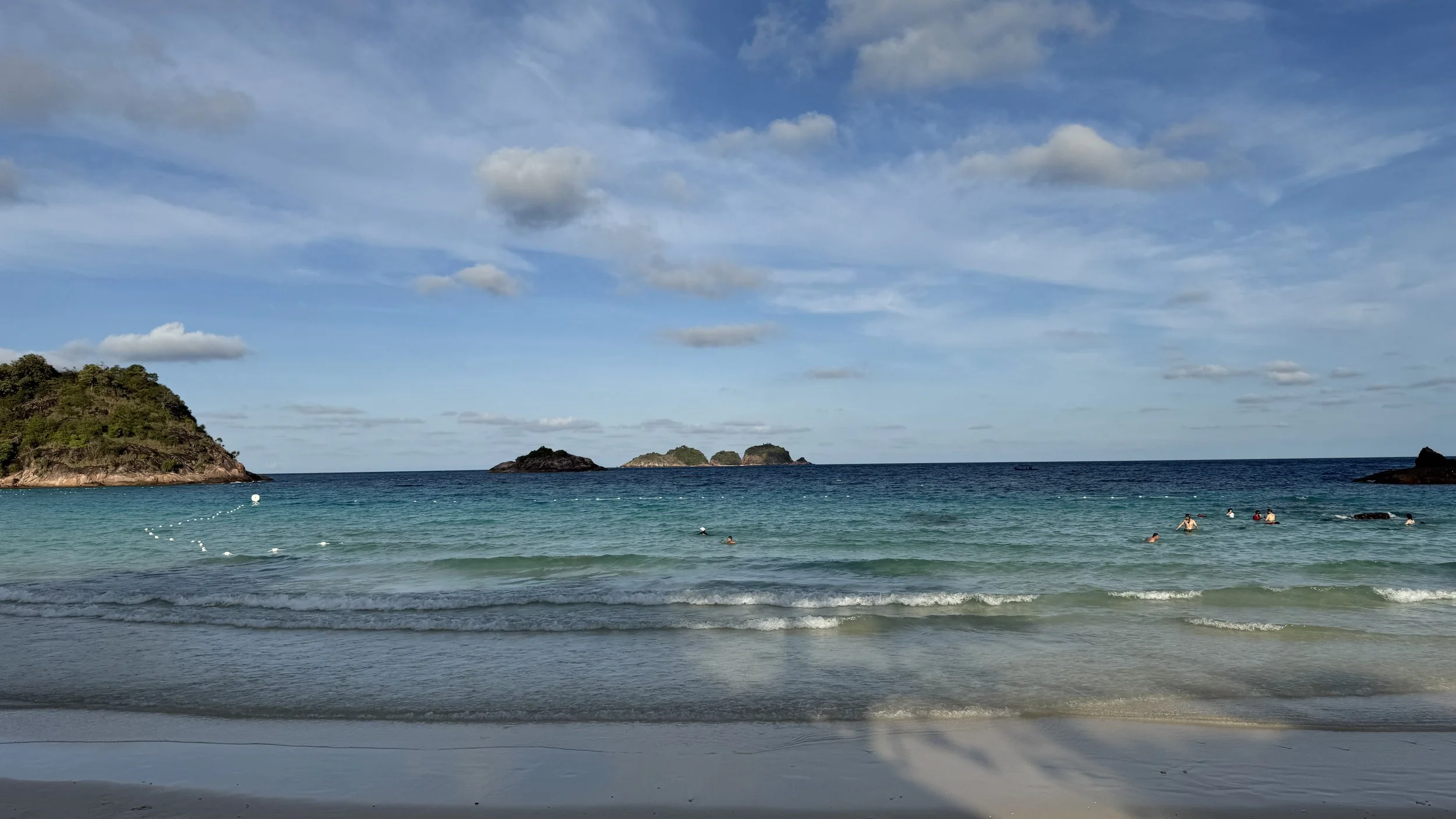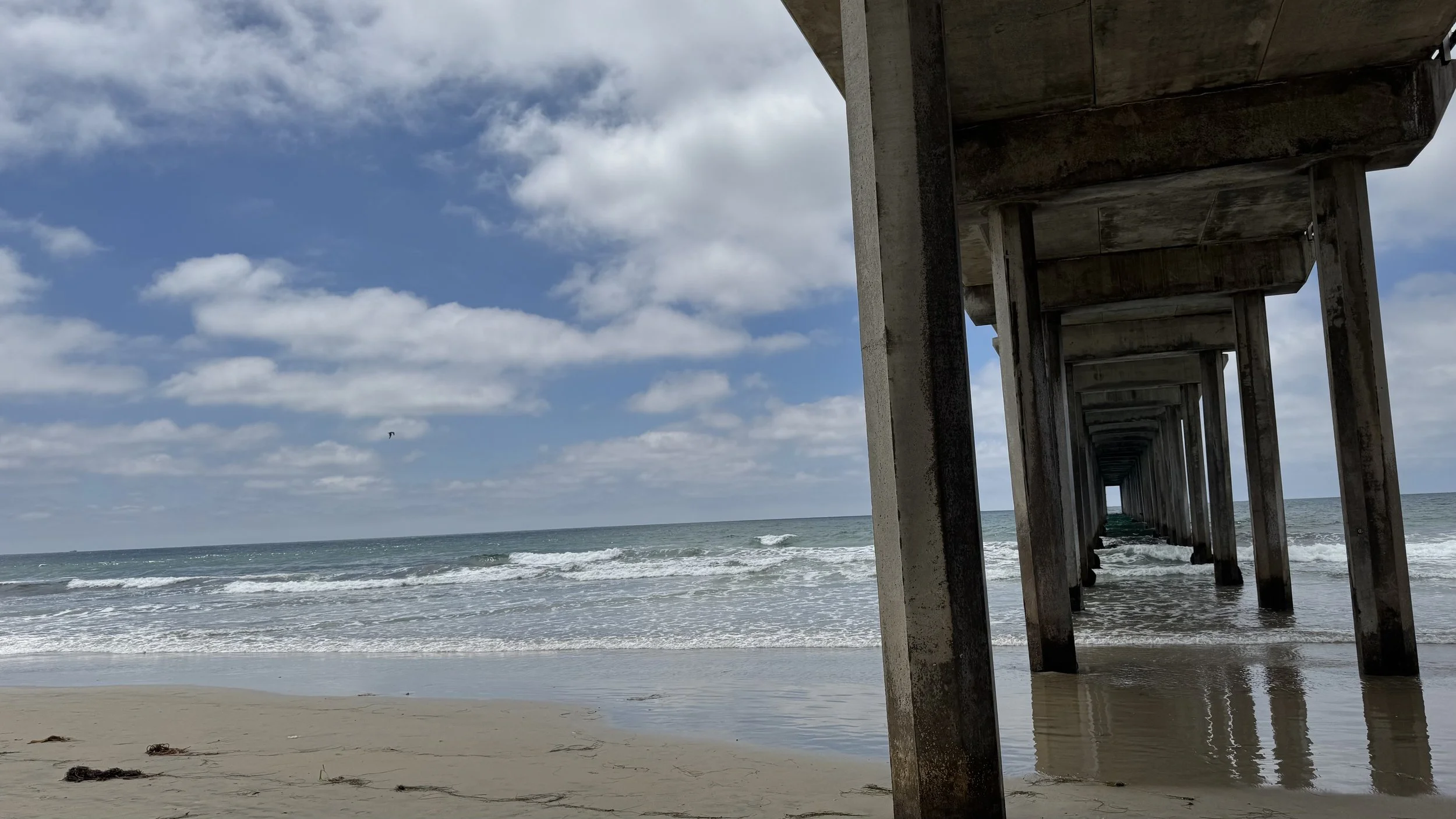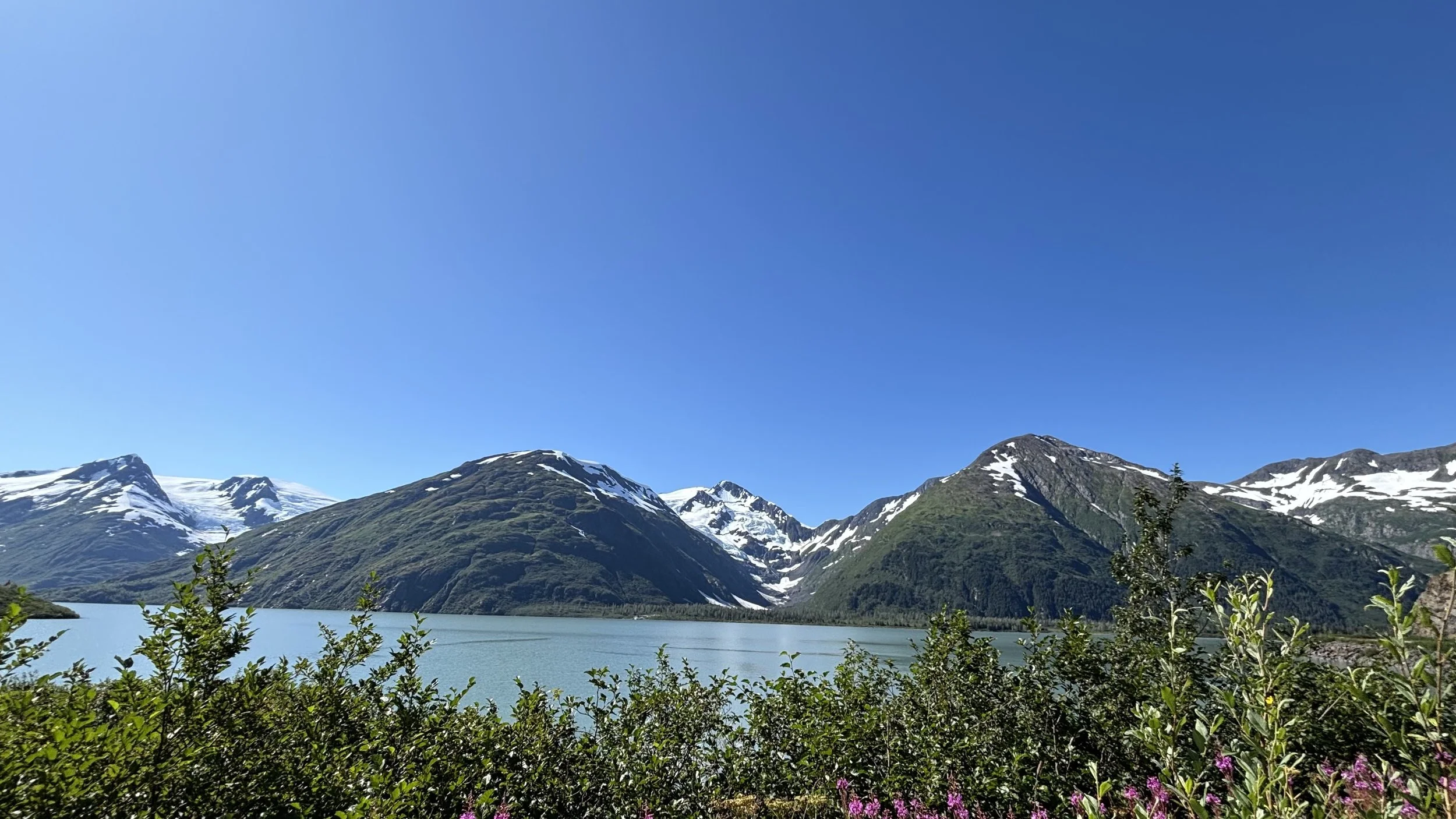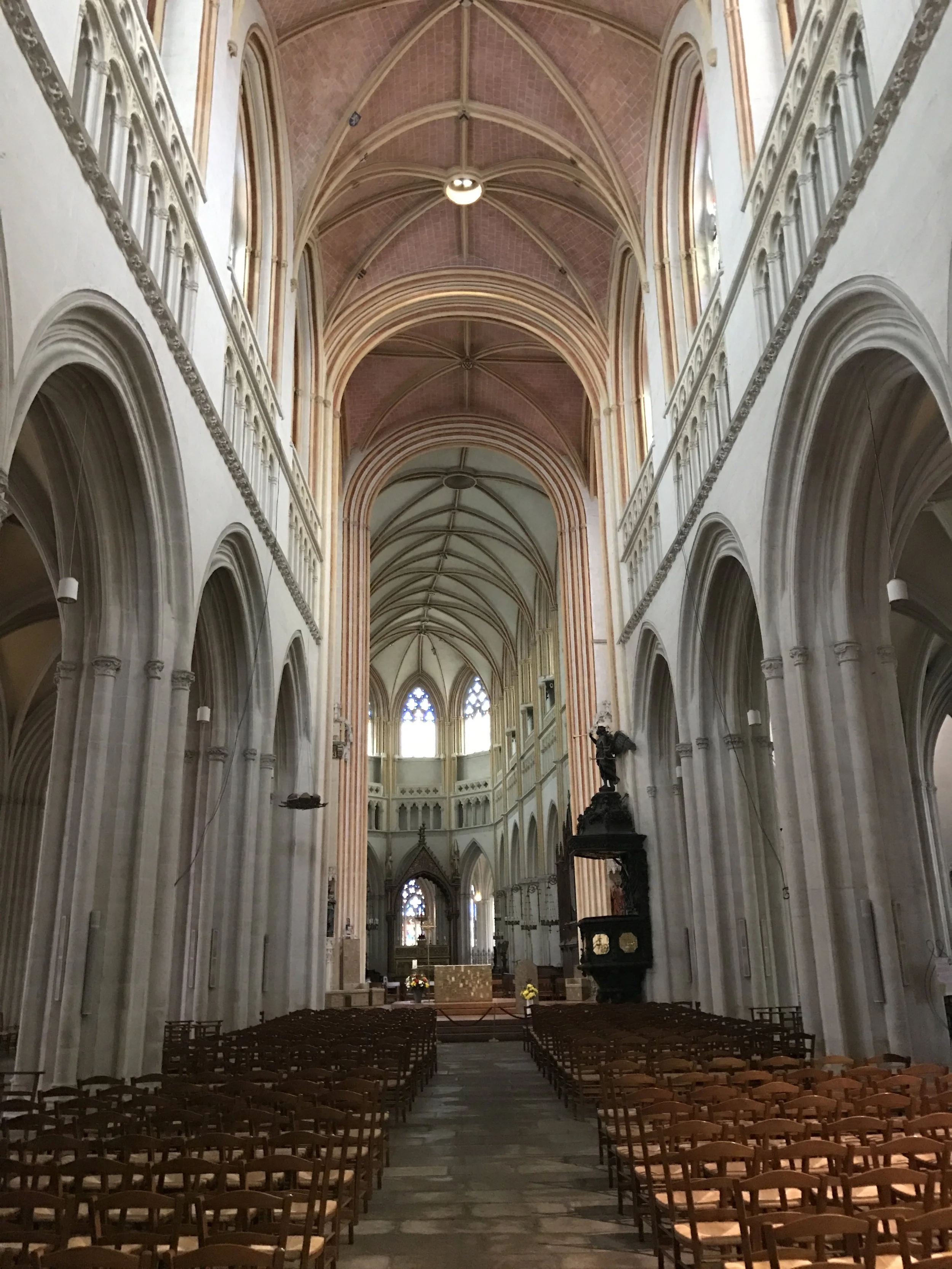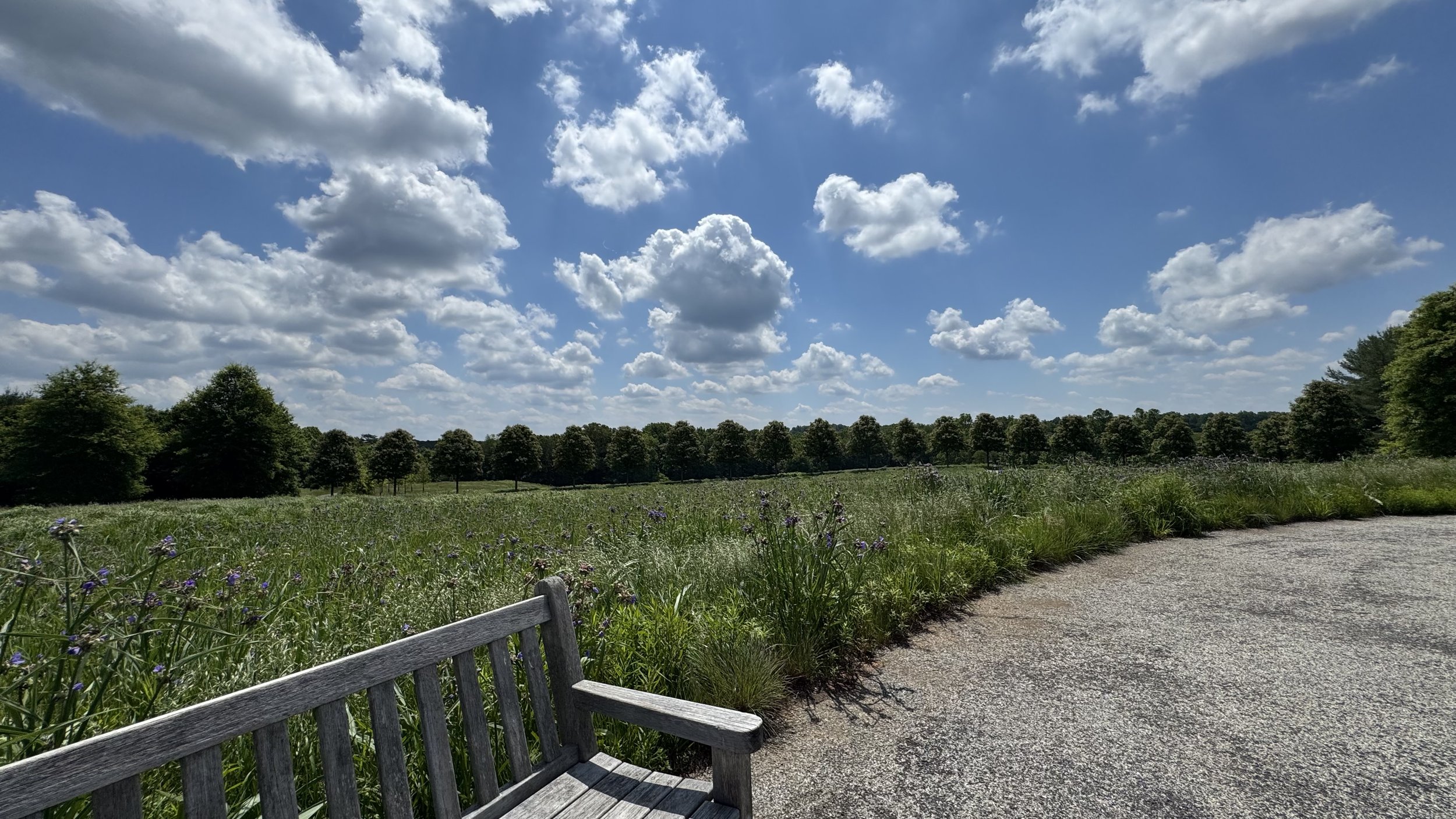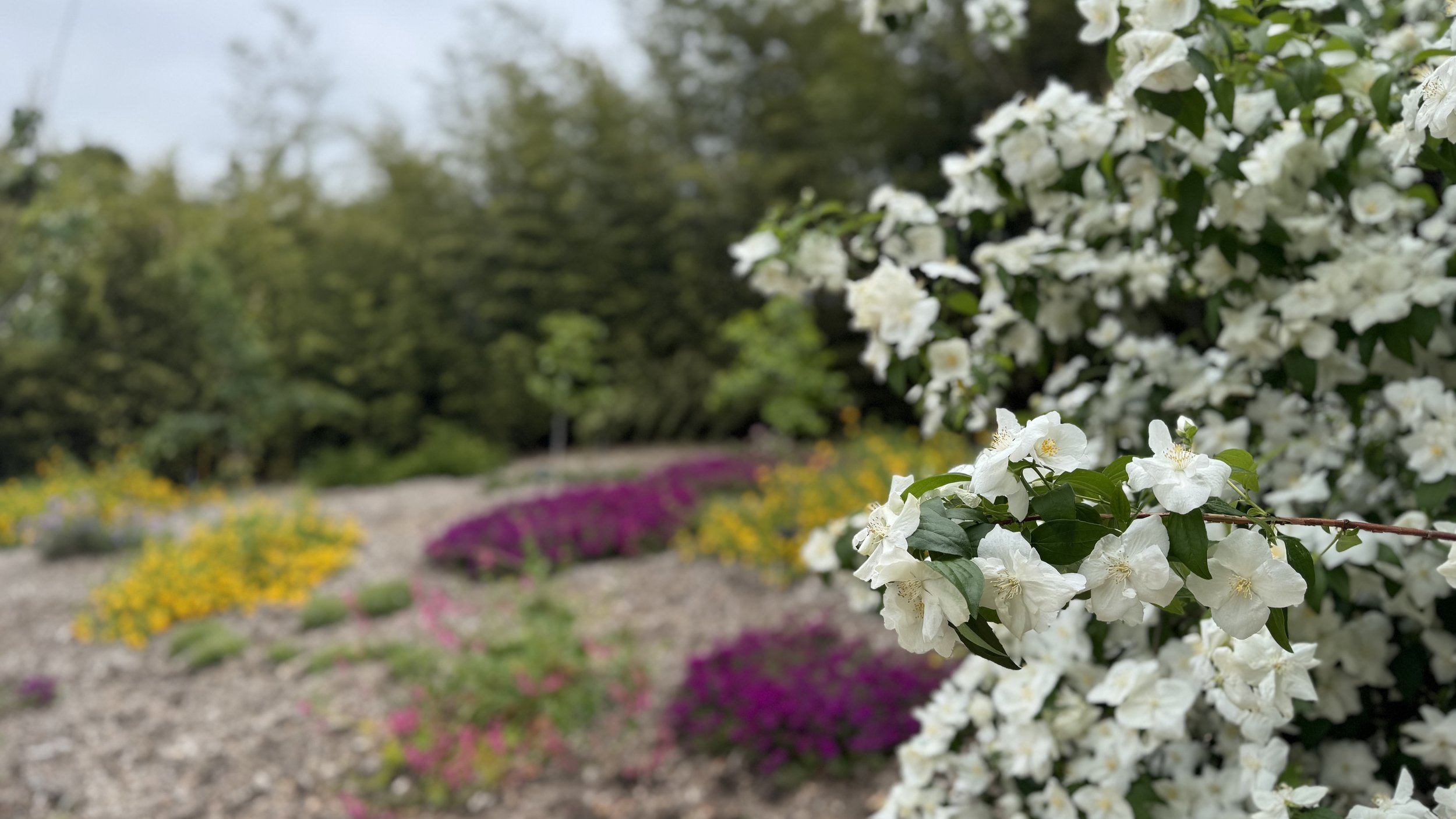INTRODUCING JAELEN YOONSEUL KIM
I wrote the entry below in three separate parts, days, as you can see. Since you saw my grandson’s picture last week, you might have guessed I would be writing about him this week. How can I not? Yoonseul has been the one dominant constant in the last month. :) Thank you for sharing my joy.
Jaelen Yoonseul Kim was born yesterday (August 11) to a beautiful young couple, my son, Michael, and our daughter-in-law, Gloria. The first name comes from Jae, as it was Gloria’s dad’s Korean name. It is in the past because John passed away only a few months ago after valiantly fighting against cancer. John would have been the proudest grandfather, along with me.
Michael and Gloria honored us by naming Jaelen's Korean middle name. Yoonseul (윤슬) is a pure Korean word that describes the shimmering or glistening effect on the water's surface. As a reflection of light, yoonseul, like a collection of sparkling jewels dancing on the water, is always alive, present, and faithful in reflecting the true Light. Its existence is forever connected and dependent on the Light. The first two lines of the song, A Whole New World, read, “I can show you the world, shining, shimmering, splendid.” Incidentally, one of my wife’s favorite gratitude memories is witnessing yoonseul in a vast ocean. My prayer for Yoonseul is for him to live out his shimmering identity, fully reliant on and reflective of the Light. Whenever and wherever we see yoonseul, we will be reminded to pray for my boy’s boy, Yoonseul.
A few days later, I beheld Yoonseul for the first time, as he was still in the Neonatal Intensive Care Unit for precautionary reasons because Yoonseul had been born four weeks early. Michael accompanied me into the room, filled with other NICU babies. As soon as I saw Yoonseul, tears welled up in my eyes. I saw Michael looking at Yoonseul and beyond Yoonseul to the miraculous beauty of the soul, just as I must have done when Michael was born. The initial God-ordained vision of le point vierge must be seen by others first before one realizes the true potential and calling to discover one’s own core beauty. Since Michael and I saw Yoonseul in his original beauty, we cannot unsee the vision. As the vision remains with us, it will mysteriously serve as a source of hope and inspiration for Yoonseul to live his life embracing his true essence.
Yoonseul will learn to trust the Good as he lies in utter helplessness and vulnerability. Out of his fragile and tender state, he will become strong and independent while he keeps his heart tender and authentic. He will know Michael’s and Gloria’s voices and come to depend on them as he learns to open his ears to the distant sound of the dancing and shimmering water, knowing that there is a Voice beyond the water. His eyes will see the glistening jewels on the water and will know that Love has been looking at him as a precious jewel.
A few days ago, I took my mom to see Yoonseul for the first time. She has been struggling with memory loss, so I wasn’t sure if she would be able to piece everything together. My doubts vanished soon after we entered Michael and Gloria’s place. As soon as she laid her eyes on Yoonseul, she was fixated for the next 20 minutes and couldn’t take her eyes off him. With my mom’s eyes twinkling and her smile constant, it was as if she were enraptured in a heavenly joy. We sat her down and had her hold Yoonseul. I watched her and Yoonseul as I stood right in front of her. Suddenly, a flash of imaginative memory crossed my mind—she must have held me like that with joy in her eyes while her hands caressed every part of my tiny body as if I were the most precious thing on earth. I know that to be true because that’s how she held my boy, Michael, when he was an infant. Thus, the most enduring and endearing tradition of humanity continues—to hold and to be held. I know the image will stay with me for a long time. All thanks to Yoonseul!


